Showing dates/times for
null
ILO Events
April 2025
April
(null)
Geneva

Meeting
Revolutionizing health and safety: The role of AI and digitalization at work
AI and digital tools are revolutionizing occupational safety and health. Today, robots are operating in hazardous environments, doing the heavy lifting, managing toxic materials and working in extreme temperatures. They take on repetitive and monotonous tasks, while digital devices and sensors can detect hazards early on. At the same time, in the absence of adequate OSH measures, digital technologies can lead to accidents, ergonomic risks, work intensification, reduced job control and blurred boundaries. On the occasion of World Day for Safety and Health at Work 2025 this event brings together ILO constituents and international experts to explore how AI and digitalization are reshaping OSH systems across sectors and countries.
April
(null)
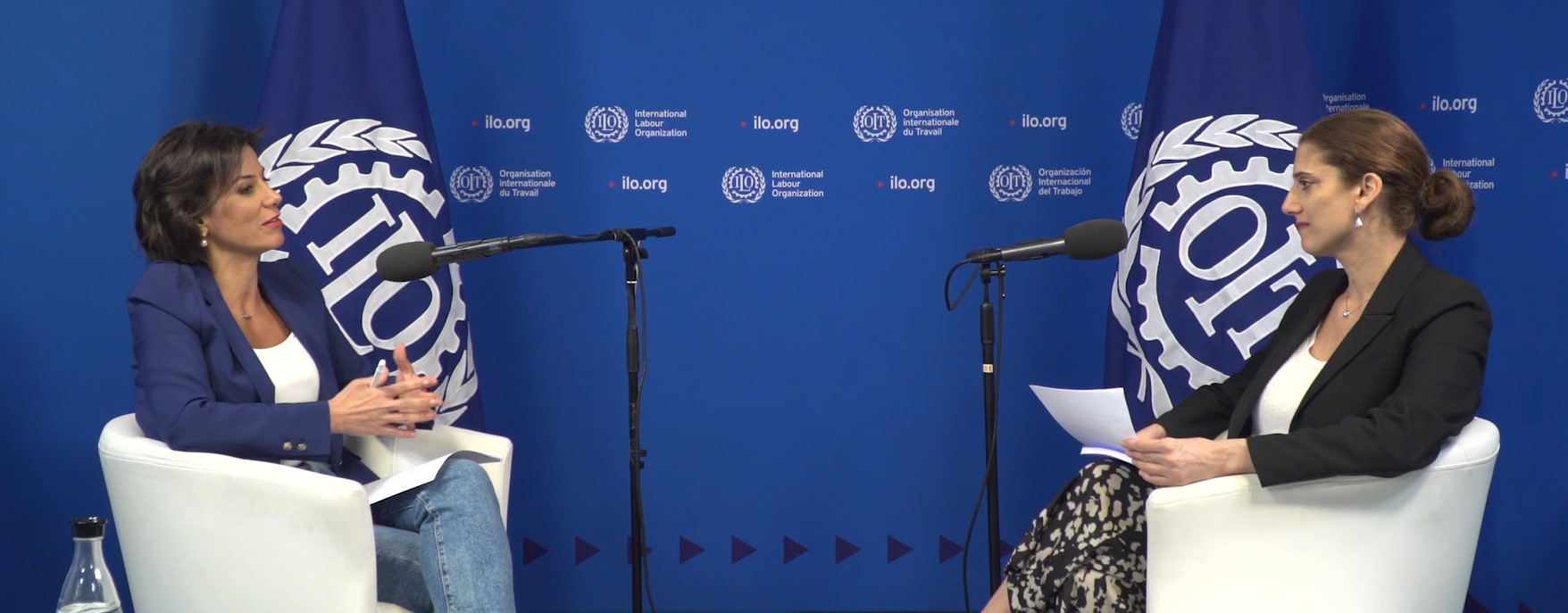
The Future of Work Podcast
How AI, robots and other technologies can keep workers safe and sound
Can artificial intelligence, robots and surveillance protect workers on the job? In this episode of the Future of Work podcast, ILO occupational safety and health expert Manal Azzi explains how AI and technology can be used as a safety net, without deepening inequalities or creating new risks.
April
(null)
Geneva
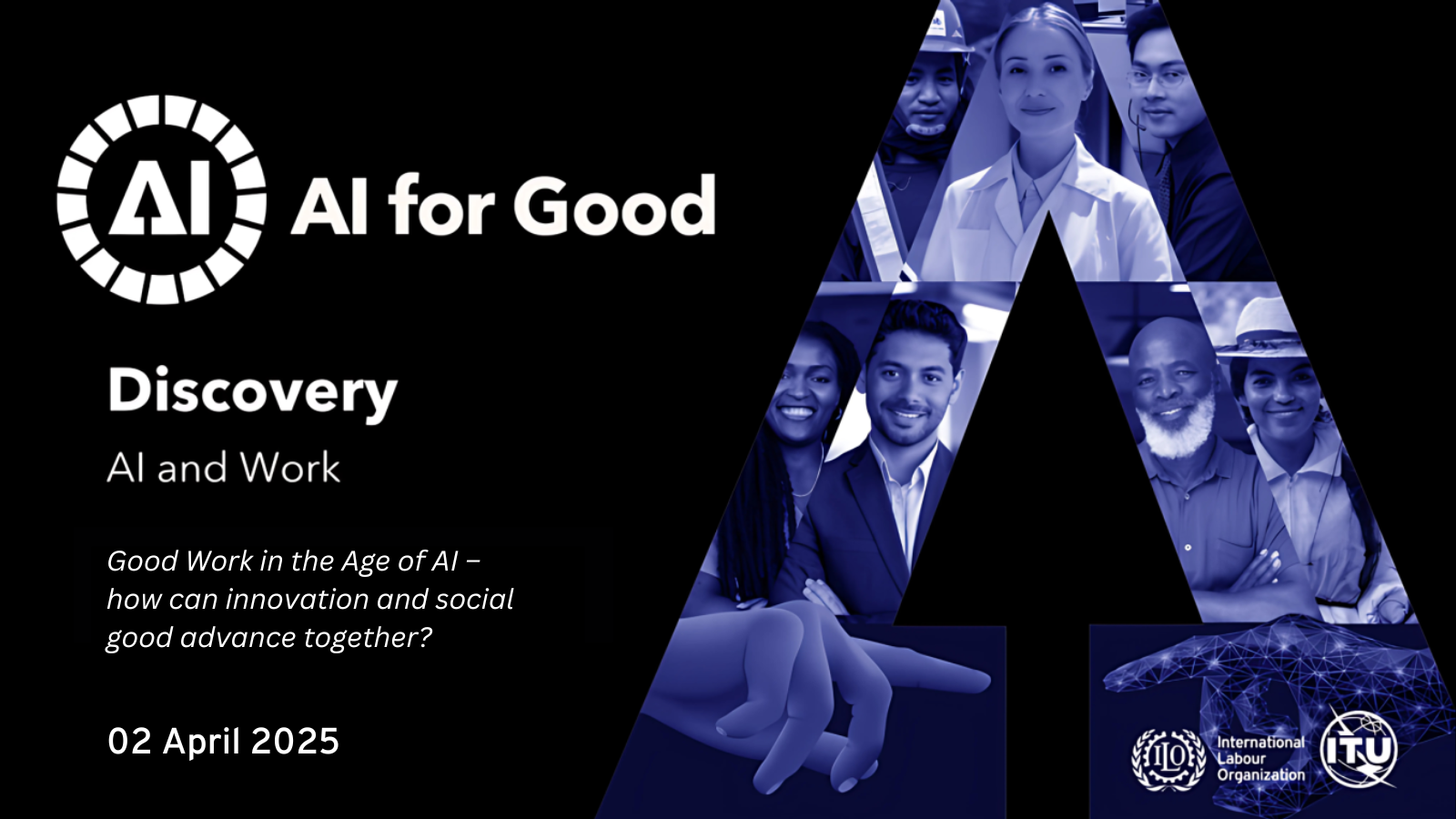
AI for Good
Good Work in the Age of AI – How can innovation and social good advance together?
This event is organized as part of ITU's AI for Good Series. In this era of rapid technological change and huge political promises being loaded onto large language models (LLMs), how can we ensure that automation serves human potential rather than undermines it? Outlining findings from the ground-breaking Pissarides Review into the Future of Work and Wellbeing, Anna Thomas MBE will present an approach to technological transformation that puts human capabilities and wellbeing at the centre of innovation. Drawing on extensive research across UK firms and workers, she will outline critical insights about AI and automation's impact on work: from the hidden opportunities and inequalities emerging across regions and demographics to the urgent need for a new "Good Work" paradigm that prioritises human agency, skills, and resilience. Key takeaways will include: Why adopting more, new workplace technologies won’t automatically be positive for firms – or for health and wellbeing How we can shape automation to enhance—not replace—human potential and use it to deliver a fairer future of better work The importance of skills diversity and adaptive capabilities Strategies for creating more equitable technological transitions
March 2025
March
Geneva, Switzerland
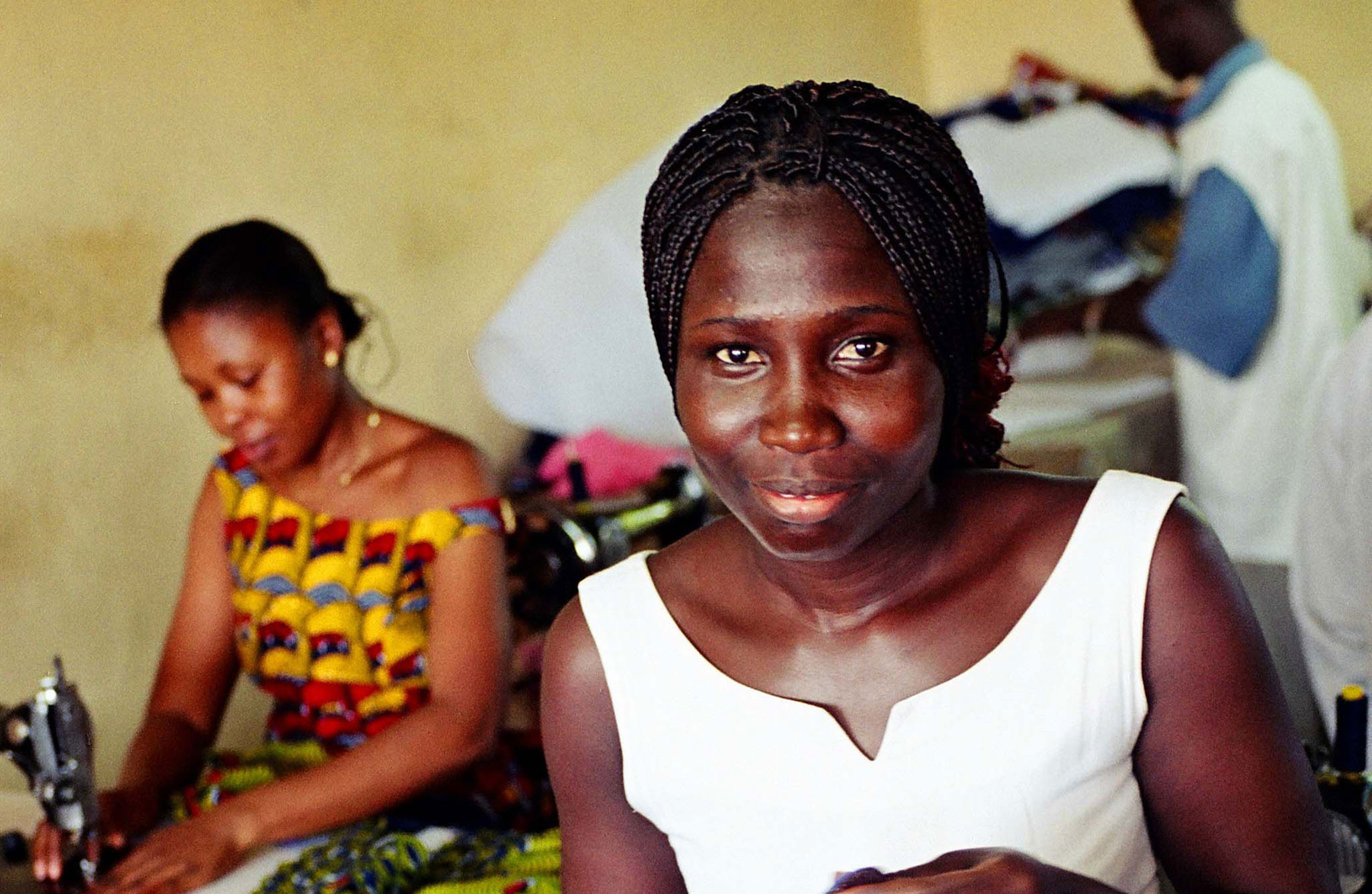
Meeting
Development partners meeting of the ILO Flagship Programme on Social Protection Floors
Launched in 2016, the ILO’s Global Flagship Programme on Building Social Protection Floors for All (SPF Flagship Programme) supports ILO member States in developing sustainable social protection systems, including floors, and contributing to the United Nations Sustainable Development Goals (SDGs) on social protection (in particular targets 1.3 and 3.8), through a coherent structure to mobilize resources and achieve impact. The SPF Flagship Programme works in 50 priority countries, aiming to achieve 80 institutional changes and increase legal and effective coverage for an additional 60 million people. Between 2021 and 2024, the Programme contributed already to 148 institutional changes (such as the adoption of laws and the implementation of systems) in 50 priority countries and increased legal and effective coverage for over 50 million people. Objectives of the meeting: - Take stock of the progress made, results achieved, and impact created since the beginning of Phase II of the SPF Flagship Programme, including through the multi-donor programme. - Share country and partner experiences in extending social protection to all, look at current and future challenges and opportunities, with a focus on key thematic areas. - Join forces to accelerate the achievement of Universal Social Protection, through building strong social protection systems and positioning social protection as a key tool for creating just and equitable societies. - Identify key priorities for Phase III of the SPF Flagship Programme.
March
(null)
Geneva
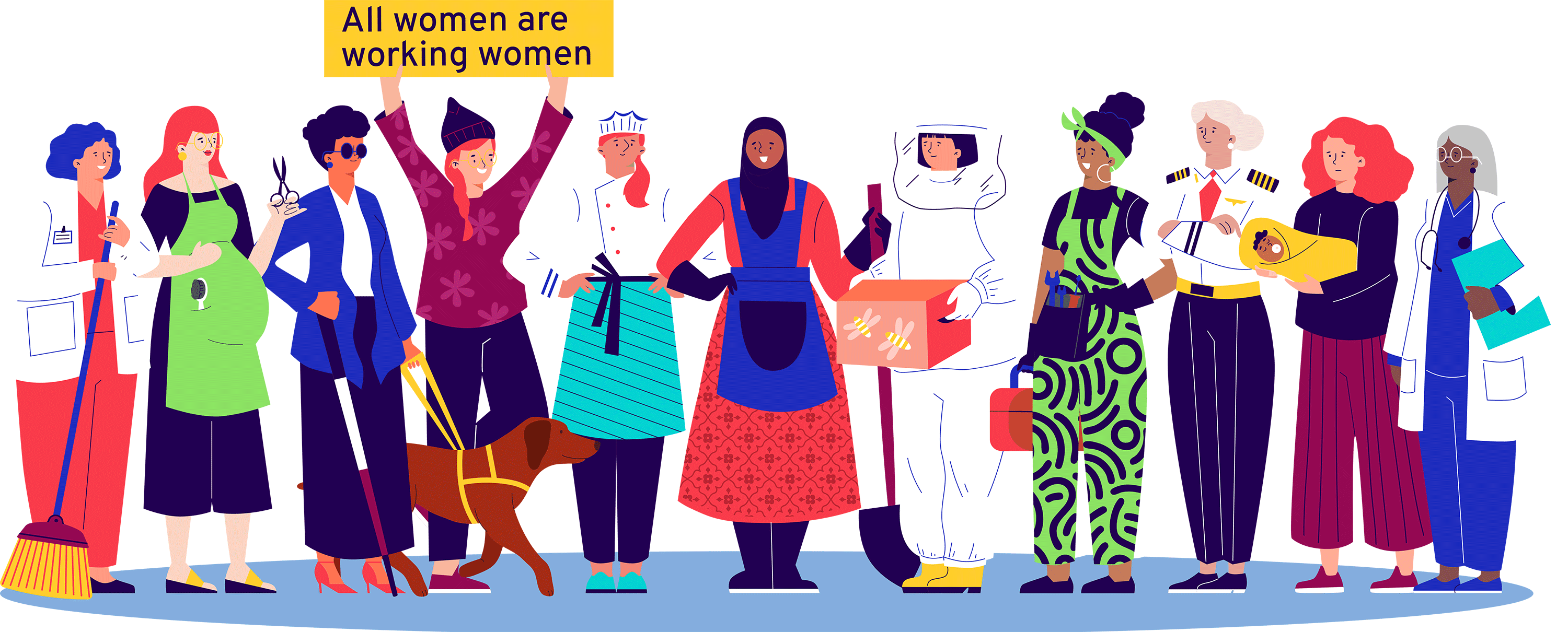
Meeting
Empowering women in the economy across generations
This year, the ILO will mark International Women’s Day by celebrating the 30th Anniversary of the Beijing Declaration and the Platform for Action with a special event reflecting on three decades of progress, challenges, and the future of women in the world of work. Through engaging discussions, shared experiences, and expert insights, the event will emphasize a powerful message: All women are working women.
November 2024
November
Geneva, Switzerland

Meeting
From Margin to Mainstream: Disability in Business
The ILO Global Business and Disability Network (GBDN) will host its 11th global annual conference “From Margin to Mainstream: Disability in Business” on 27th and 28th November 2024 at the ILO headquarters in Geneva, Switzerland – using a hybrid modality. The ILO GBDN conference will allow for the welcoming of new ILO GBDN members, the exchange on good corporate practices on disability inclusion, and the presentation of latest business initiatives on disability at global and local levels. International Sign interpretation and live captioning in English, French Spanish and Arabic are provided.
November
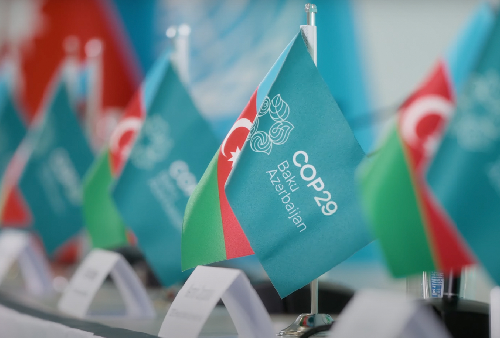
Meeting
ILO at COP29: Events from the Just Transition Pavilion
The 2024 United Nations Climate Change Conference or Conference of the Parties of the UNFCCC, more commonly known as COP29, is the 29th United Nations Climate Change Conference. COP29 takes place in Baku, Azerbaijan from 11 to 22 November, 2024. For the third year in a row, the ILO and the European Commission are hosting the Just Transition Pavilion, a convening space for events, meetings and knowledge sharing around just transition and climate action in cooperation with the UNFCCC, International Trade Union Confederation (ITUC) and International Organisation of Employers (IOE). Keeping the social dimension of climate change at the forefront of discussions is the focus of events being organized in the Just Transition Pavilion. Read more on ilo.org/cop29.



